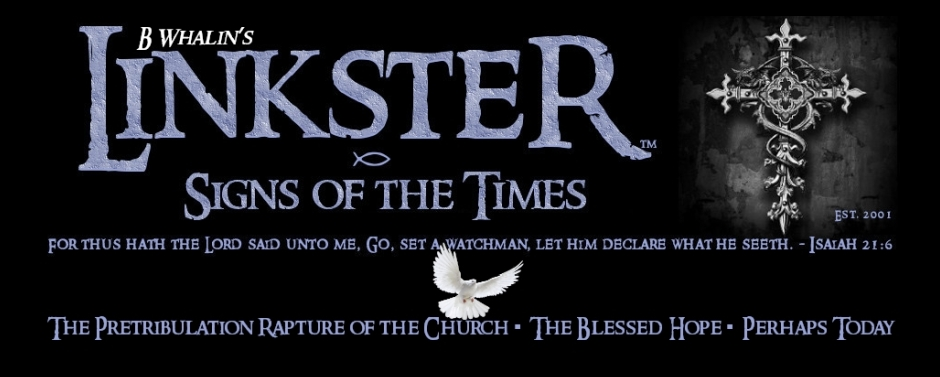
Abraham Lincoln
Sixteenth President of the United States (1861-1865)
First Republican President
Father of the Republican Party
First Republican President
Father of the Republican Party
On ‘Freedom’

Biography
 Abraham Lincoln February 12, 1809 – April 14, 1865) was the 16th President of the United States, serving from March 1861 until his assassination in April 1865. Lincoln led the United States through its greatest constitutional, military, and moral crises—the American Civil War—preserving the Union, abolishing slavery, strengthening the national government and modernizing the economy. Reared in a poor family on the western frontier, Lincoln was self-educated, and became a country lawyer, a Whig Party leader, Illinois state legislator during the 1830s, and a one-term member of the United States House of Representatives during the 1840s.
Abraham Lincoln February 12, 1809 – April 14, 1865) was the 16th President of the United States, serving from March 1861 until his assassination in April 1865. Lincoln led the United States through its greatest constitutional, military, and moral crises—the American Civil War—preserving the Union, abolishing slavery, strengthening the national government and modernizing the economy. Reared in a poor family on the western frontier, Lincoln was self-educated, and became a country lawyer, a Whig Party leader, Illinois state legislator during the 1830s, and a one-term member of the United States House of Representatives during the 1840s.After a series of debates in 1858 that gave national visibility to his opposition to the expansion of slavery, Lincoln lost a Senate race to his arch-rival, Stephen A. Douglas. Lincoln, a moderate from a swing state, secured the Republican Party presidential nomination in 1860. With almost no support in the South, Lincoln swept the North and was elected president in 1860. His election was the signal for seven southern slave states to declare their secession from the Union and form the Confederacy. The departure of the Southerners gave Lincoln's party firm control of Congress, but no formula for compromise or reconciliation was found. Lincoln explained in his second inaugural address: "Both parties deprecated war, but one of them would make war rather than let the Nation survive, and the other would accept war rather than let it perish, and the war came." » Full Bio
» See All 'Quotable Quotes'
This Day In History 151 Years Ago
American Civil War
July 22, 1862
American Civil War
July 22, 1862
Lincoln Tells His Cabinet
About Emancipation Proclamation
About Emancipation Proclamation

On this day in 1862, President Abraham Lincoln informs his chief advisors and cabinet that he will issue a proclamation to free slaves, but adds that he will wait until the Union Army has achieved a substantial military victory to make the announcement.
Attempting to stitch together a nation mired in a bloody civil war, Abraham Lincoln made a last-ditch, but carefully calculated, executive decision regarding the institution of slavery in America. At the time of the meeting with his cabinet, things were not looking good for the Union. The Confederate Army had overcome Union troops in significant battles and Britain and France were set to officially recognize the Confederacy as a separate nation.
[...]
As promised, Lincoln waited to unveil the proclamation until he could do so on the heels of a successful Union military advance. On September 22, 1862, after a victory at Antietam, he publicly announced a preliminary Emancipation Proclamation, declaring all slaves free in the rebellious states as of January 1, 1863. Lincoln and his advisors limited the proclamation's language to slavery in states outside of federal control as of 1862. The proclamation did not, however, address the contentious issue of slavery within the nation's border states. In his attempt to appease all parties, Lincoln left many loopholes open that civil rights advocates would be forced to tackle in the future. » Full Article
Significant Events This Day In History
» History» Ultimate History Quiz
“The Ultimate History Quiz features thousands of questions about American and global history trivia. Play now to challenge your friends, and see how you stack up to the competition.”


